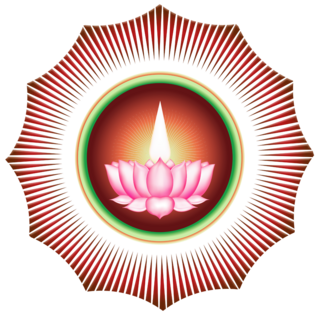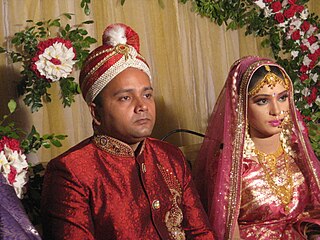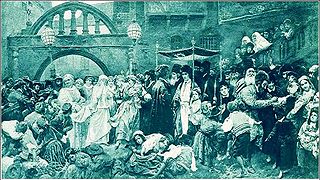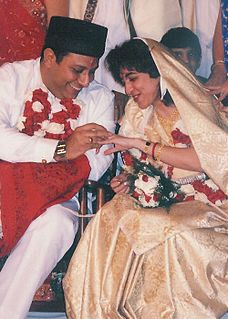 W
WAnand Karaj is the Sikh marriage ceremony, meaning "Act towards happiness" or "Act towards happy life", that was introduced by Guru Amar Das ji. It is based on Anand Kaarya of Sanskrit. The four laavaan were composed by his successor, Guru Ram Das ji. It was originally legalised in India through the passage of the Anand Marriage Act of 1909, but is now governed by the Sikh Reht Maryada that was issued by the Shiromani Gurdwara Prabandhak Committee (SGPC).
 W
WAn Ayyavazhi wedding is the wedding custom within the Ayyavazhi belief system of South India. Usually Dharmagharttas, Panividaiyalars from Thangals or an older person experienced in Ayyavazhi assumes a role as a Guru and is seated in the Manvarai for leading the wedding ceremony.
 W
WErusin is the Hebrew term for betrothal. In modern Hebrew, "erusin" means engagement, but this is not the historical meaning of the term, which is the first part of marriage.
 W
WA Hindu wedding, known as Vivaha in Sanskrit, or Lagna (लग्न) or Kalyanam (कळ्याणम्) is the traditional wedding ceremony for Hindus. The wedding ceremonies are very colourful, and celebrations may extend for several days. The bride's and groom's home—entrance, doors, wall, floor, roof—are sometimes decorated with colors, balloons, and other decorations.
 W
WMuslim marriage and Islamic wedding customs are traditions and practices that relate to wedding ceremonies and marriage rituals prevailing within the Muslim world. Although Islamic marriage customs and relations vary depending on country of origin and government regulations, both Muslim men and women from around the world are guided by Islamic laws and practices specified in the Quran.
 W
WA Jewish wedding is a wedding ceremony that follows Jewish laws and traditions.
 W
WZoroastrian weddings are a religious ceremony in Zoroastrianism in which two individuals, a man and a woman are united. In Zoroastrianism, marriage within the community is encouraged, and is greatly favored in religious texts. The following information will detail ceremony procedures and traditional processes for a Zoroastrian wedding.